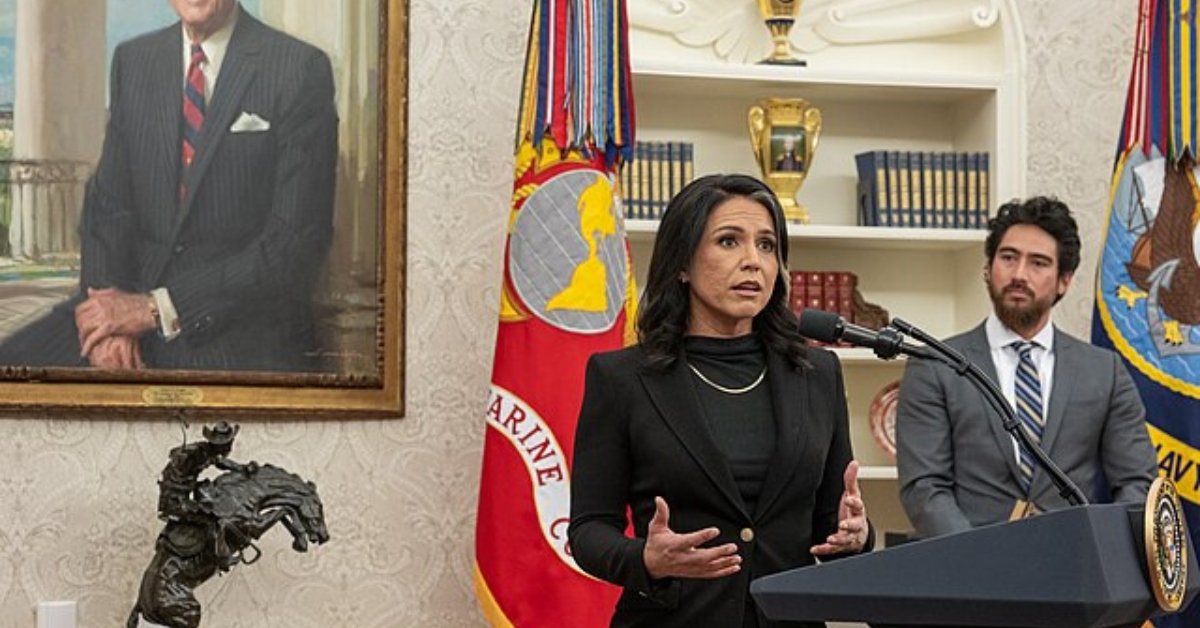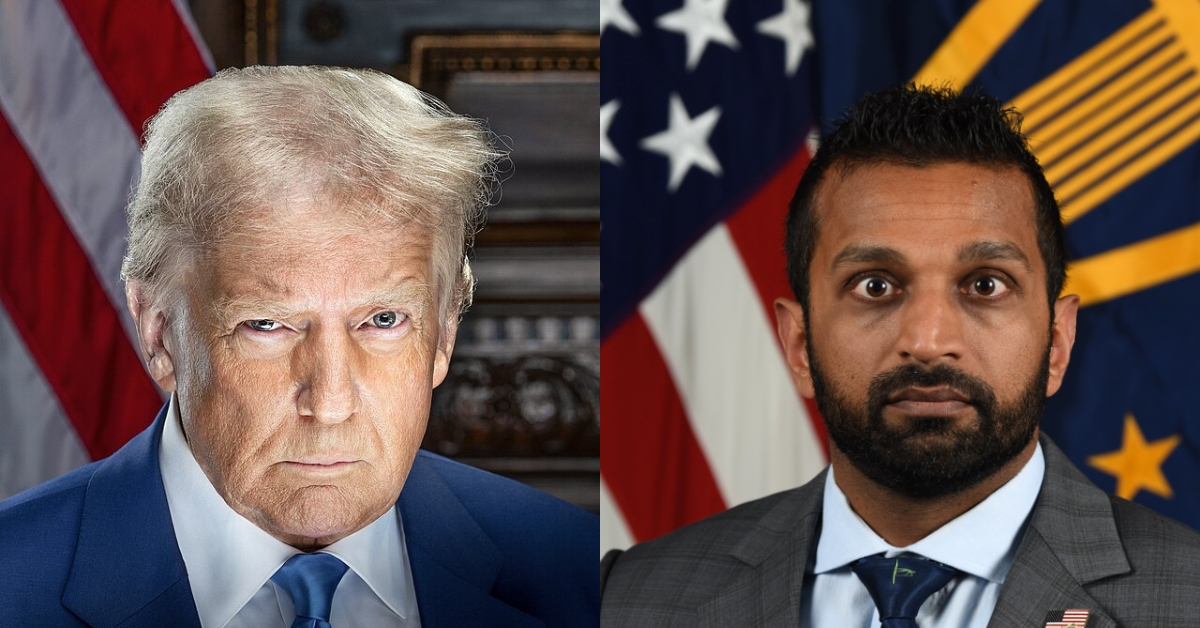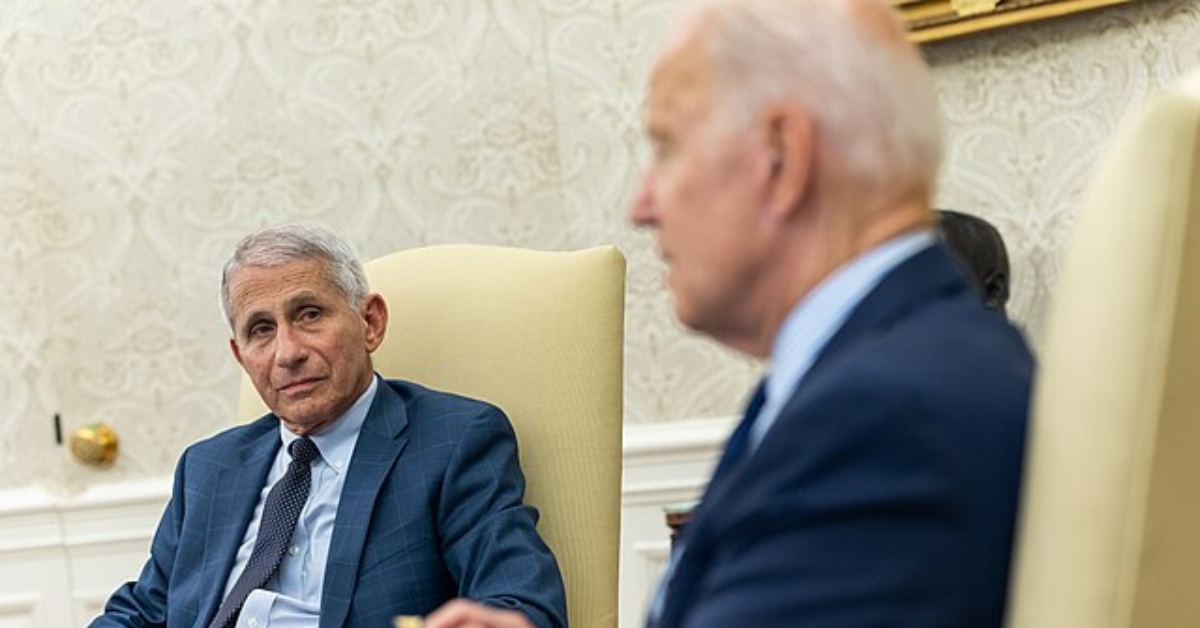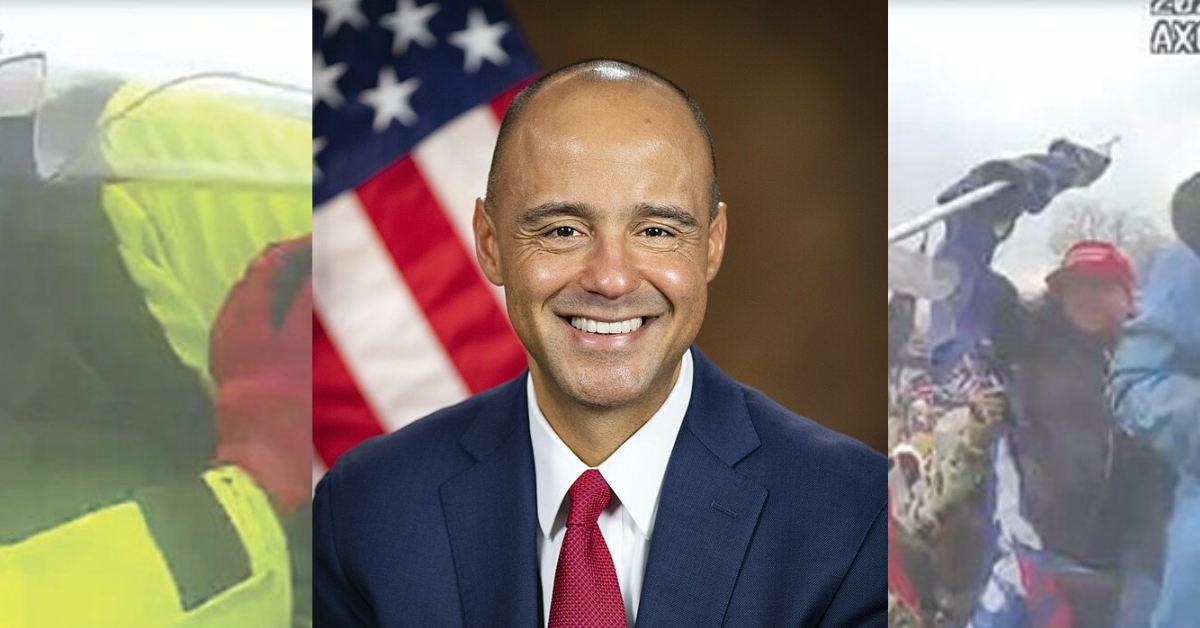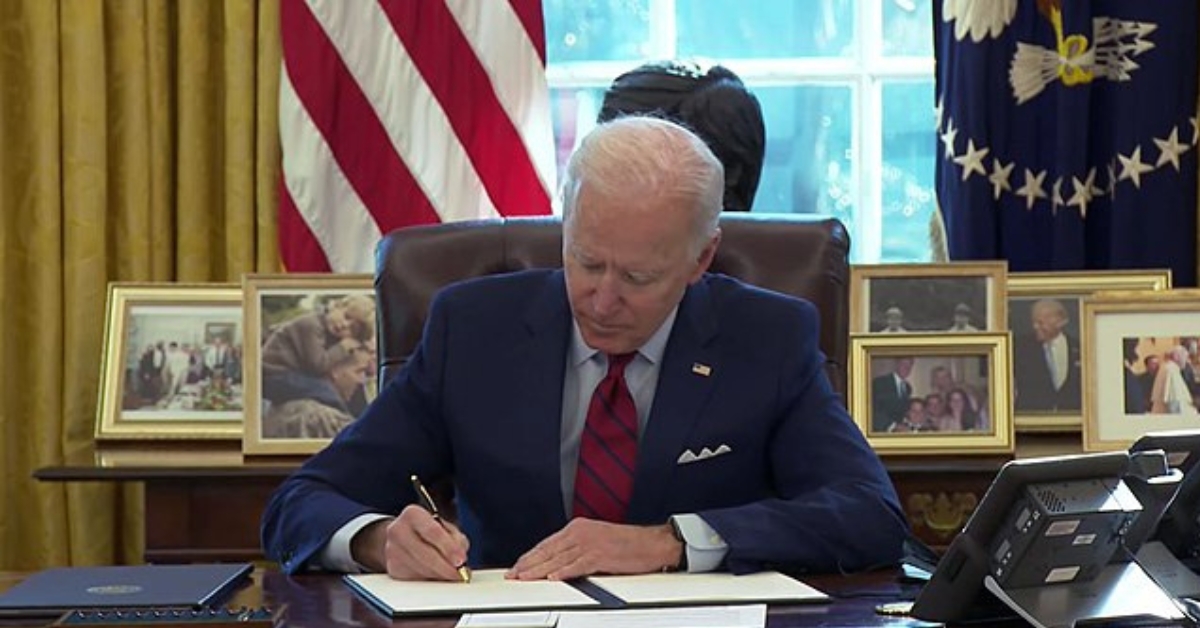
Was Hunter Biden a Foreign Agent?
In a revelation that brings to light the tangled web of foreign influence in American politics, the U.S. law firm Cravath, Swaine & Moore LLP (Cravath), which provided legal services to Ukrainian energy giant Burisma Holdings, was recently prompted by the Justice Department to register as a foreign agent. This directive raises serious questions about the activities of Hunter Biden, who was a board member of Burisma during the time Cravath was actively engaged with the company.
The story unfolds with Cravath’s involvement with Burisma and its founder, Mykola Zlochevsky. The firm’s representation included interactions with the State Department and direct communication with the U.S. Ambassador to Ukraine. These actions, mirrored by Hunter Biden’s own engagements with State Department officials, point to a potential breach of the Foreign Agents Registration Act (FARA).
Hunter Biden’s involvement with Burisma has been a subject of controversy and speculation, especially given his father, Joe Biden’s, influential position as Vice President during that period. The intersection of Hunter Biden’s board membership with the heightened scrutiny of Burisma by Ukrainian authorities only deepens the intrigue.
Special Counsel David Weiss’s ongoing investigation into Hunter Biden’s activities, which has already resulted in nine federal tax charges, underscores the gravity of the situation. The IRS whistleblower revelations and Weiss’s probe suggest that FARA violations by Hunter Biden are still very much on the table.
Cravath’s decision to retroactively register under FARA, driven by discussions with the DOJ, is particularly noteworthy. It sheds light on the extent and nature of the work carried out by John Buretta, a Cravath attorney, for Burisma at a critical juncture in the company’s history. This move by Cravath may indicate ongoing concern within the DOJ regarding FARA violations related to Burisma’s extensive efforts to influence U.S. policy and public perception.
The fact that Cravath and Hunter Biden were both engaging in similar activities on behalf of Burisma raises questions about whether Biden Jr. should have also registered under FARA. His meetings with key State Department officials, particularly during sensitive periods for Burisma, suggest a level of involvement that may have required such registration.
This situation brings to the fore the often-overlooked aspect of foreign influence in American politics. The involvement of U.S. individuals and firms in representing foreign entities, especially those embroiled in controversies, necessitates transparency and adherence to legal protocols like FARA.
In conclusion, the Cravath case serves as a stark reminder of the intricate and sometimes murky interactions between U.S. politics and foreign entities. As the Justice Department continues its scrutiny, it is imperative that all involved parties adhere to legal requirements to ensure transparency and uphold the integrity of American political processes.
